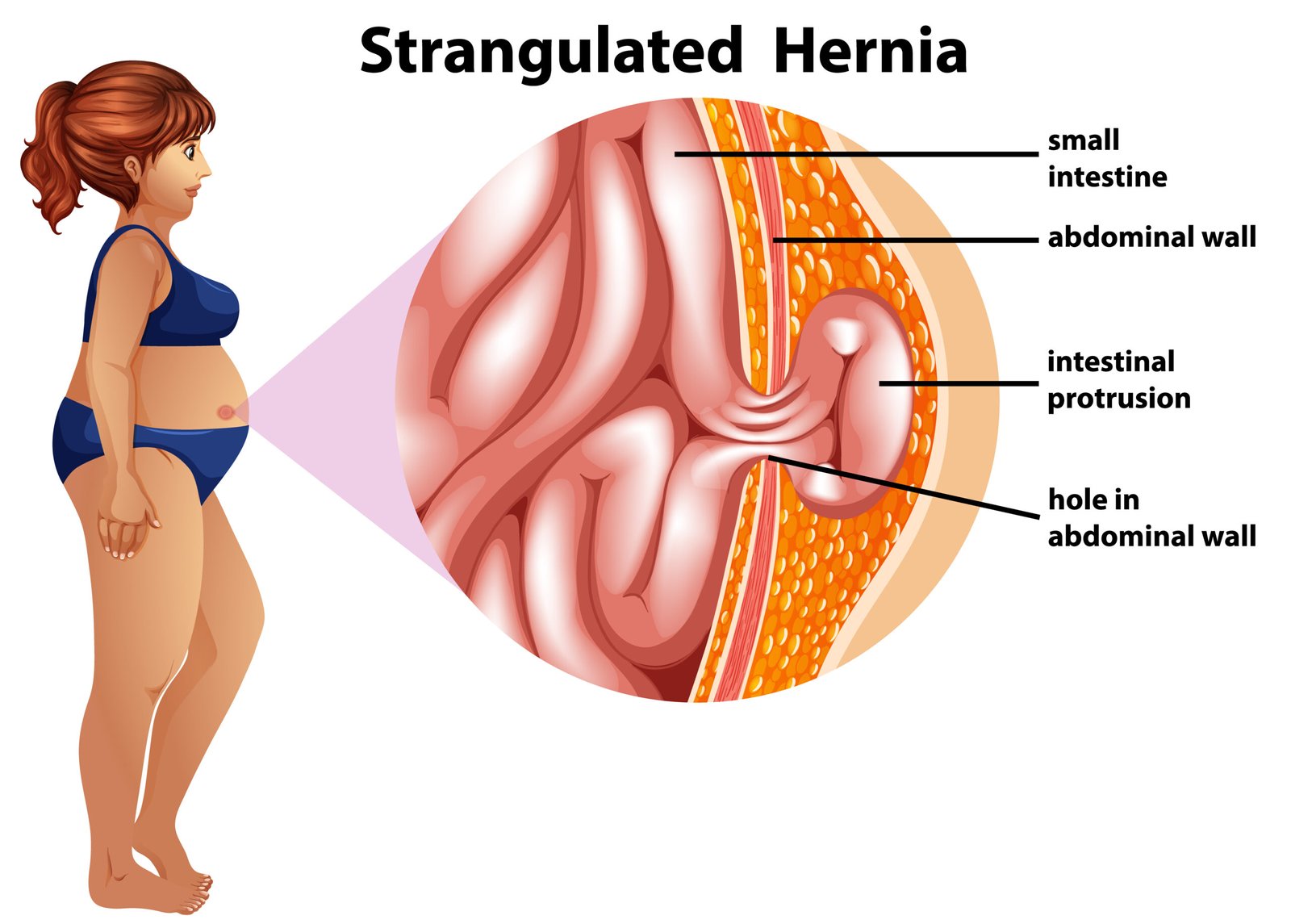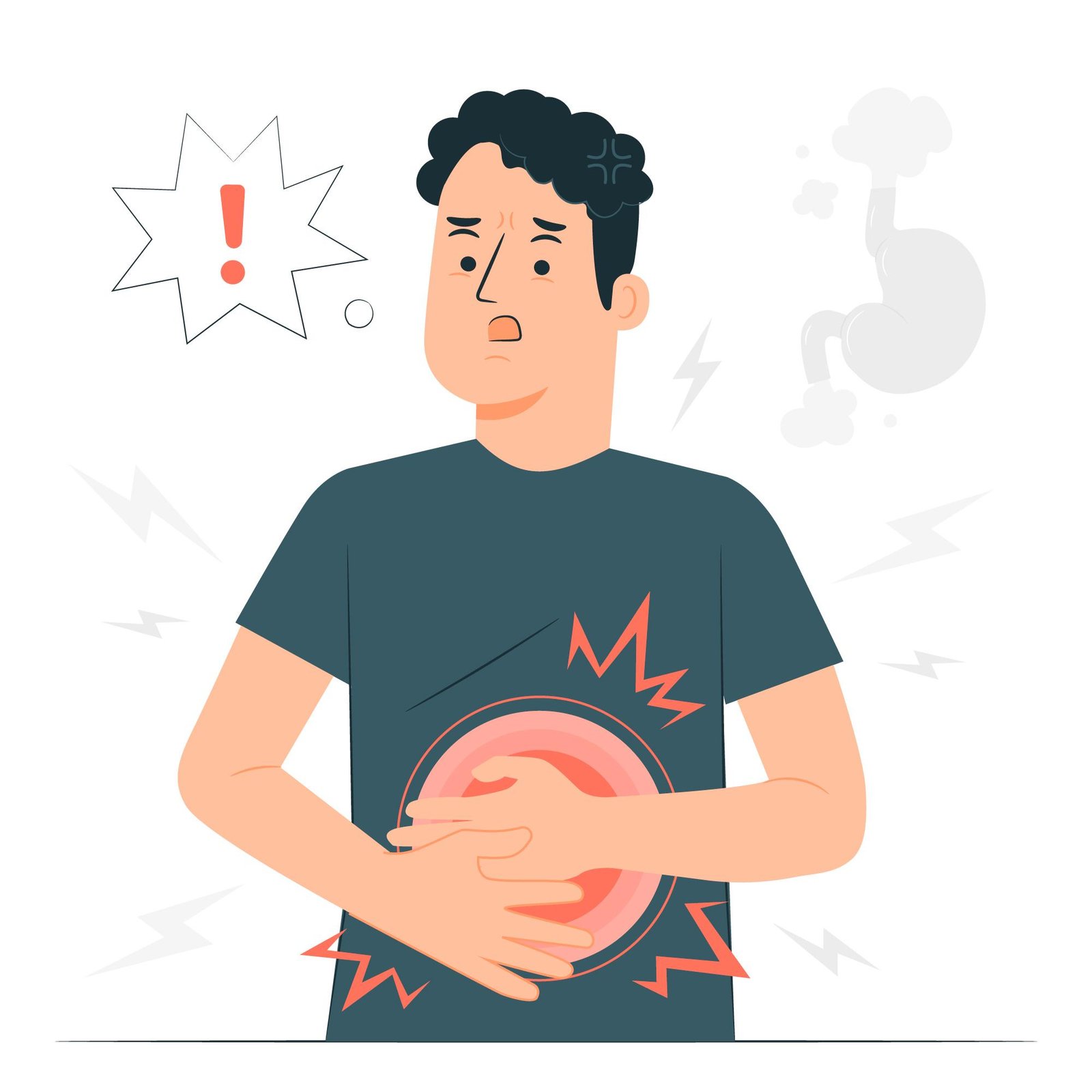

What is Hernia?
When the an organ such as the intestine or another in the abdomen begin to bulge out because of a defect or weakness in the muscles, this condition is known as Hernia Surgery.
If there is a hernia, it could occur since the moment of birth. They are congenital hernias that result from the incomplete closing of the membranes that are present in the abdomen. Sometimes, these defects may be noticed or develop symptoms at a later time.
Hernia that occurs in old years is usually caused by muscles weakness, which causes tears.
If the bulge is able to disappear when lying down or pressing against the bulge it’s a hernia that is reducible.
If the bulge remains and persists the bulge is considered to be an irreparable hernia.

Risk Factors For The Development Of Hernia
- Multiple pregnancies.
- Constipation that is chronic or strenuous during the process of making urine
- In children, it is recommended to avoid heavy lifting weights or workouts can be detrimental to young people.
- Certain abdominal disorders can cause water or fluid to build up in our stomachs and over time could cause hernias.
Hernias could occur as congenital( present from birth) or caused through a combination of muscular insufficiency and strain. Hernias can grow rapidly or over a prolonged time period, based on the root cause.

What are some symptoms of Hernia?
Small hernias are not recognized by patients, and most general surgeons will find it during a routine medical exam. Hernia symptoms can range from a benign lump to a tender, painful and swollen protrusion that is difficult to push back to the abdomen.
Protrusions that are noticeable in the groin region or abdomen, also known as the scrotum. The bulge usually isn’t painful and is more apparent when in an upright position , or upon coughing/stretching, and disappears while lying down or by applying gentle pressure.
- Abdominal pain when lifting objects or straining
- A slight ache or a dull discomfort
- A vague sensation of the fullness of
- Constipation and Urinary problems


Types Of Hernia
Hernias can happen in different places in between the chest and thigh dependent on the place of origin, it could be:
Inguinal Hernia : The hernia or bulge occurs in the upper portion of thigh, also referred to as the groin.
Femoral Hernia is similar to inguinal hernia’s location and is more prevalent for females.
Epigastric Hernia occurs when hernia develops between the belly button or umbilicus and chest.
Umbilical Hernia occurs When the bulge presses against the belly button or above it.
Ventral, or Incisional Hernia: usually when a hernia is caused by the surgical scar.

What is the Treatment of Abdominal Hernia?
The medical treatment isn’t available. cure and Surgery will be your only treatment option available for abdominal hernia. It is best to undergo surgery if it’s not complicated. The potential complications could be strangulation or obstruction, which could be life-threatening.
Based on the type and the location of Hernia Your Hernia surgeon will determine the kind of surgery to repair your hernia. The procedure involves pushing hernia contents back inside and then inserting a specially solid mesh to secure the hernia without tension to conceal the defect and stop the herniation. The procedure can be performed through conventional surgery or laparoscopically. The patient who has had hernia surgery is able to lead a healthy, active life without worrying about complications from hernia.


